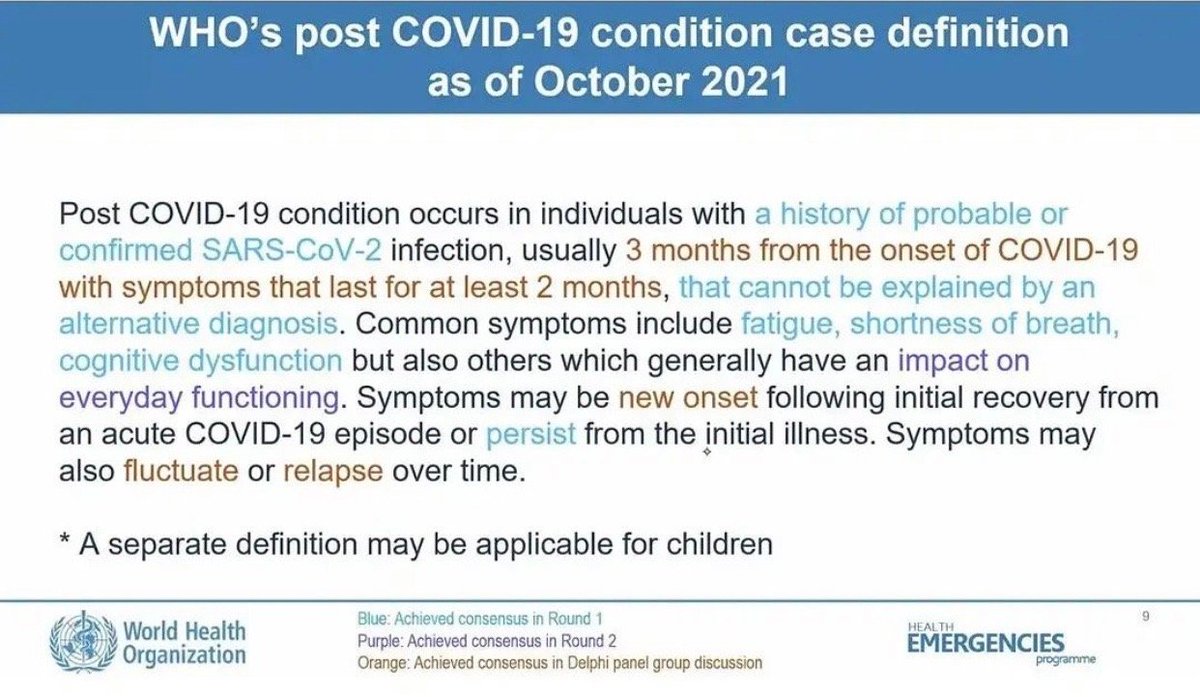
New paper on 10,024 breakthrough infections shows that vaccination does not prevent #LongCovid.
medrxiv.org/content/10.110…
1/
medrxiv.org/content/10.110…
1/

Interestingly it does show a possible small reduction in the likelihood of getting certain #LongCovid symptoms, including fatigue and possible cognitive and neuropathy symptoms, & a possible small increase in other LC symptoms (headache, abdominal symptoms). More data needed!
2/
2/

And it does show a substantial decrease in severe acute outcomes, like ICU admission, respiratory failure, death, psychotic disorders, and thromboembolisms, as well as a substantial decrease in loss of sense of smell.
3/
3/

This is not a super strong definition of #LongCovid and I'd be interested to see the analysis without anxiety/depression (having anxiety/depression alone is not enough to count as Long Covid, and is bad research!)
4/
4/

This is a reminder that getting vaccinated prevents many infections in the first place, so you’re less likely to get #LongCovid overall even if it’s equally likely that you’ll get Long Covid if you do get a breakthrough. Get vaccinated! 5/
• • •
Missing some Tweet in this thread? You can try to
force a refresh






